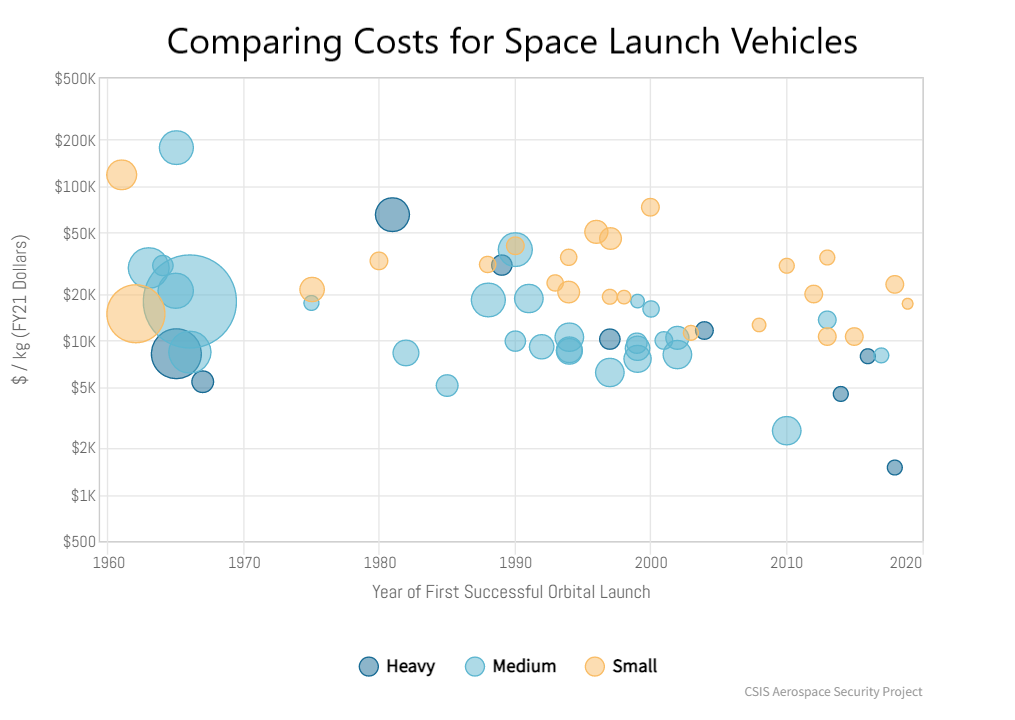The concept of targeting iron-clad stocks to buy for volatility might seem overkill. After all, the Labor Department just revealed that the U.S. economy added 263,000 jobs, above analysts’ expectations. However, it also means that the Federal Reserve’s efforts to tackle the money supply’s expansion took a massive hit.
Let’s just get down to the brass tacks. With more people gainfully employed, this equates to more dollars chasing after fewer goods. Add in the impact of global supply chain disruptions and this inflationary circumstance becomes even more exacerbated. Thus, the Fed might respond with aggressive rate hikes in 2023, which may slow down the red-hot economy. However, the central bank must approach this headwind delicately. Otherwise, going too aggressive could spark a recession. Ultimately, then, investors should still consider stocks to buy for volatility.
| HD | Home Depot | $320.97 |
| KR | Kroger | $46.11 |
| ALL | Allstate | $127.83 |
| KMI | Kinder Morgan | $18.48 |
| JNJ | Johnson & Johnson | $178.75 |
| IRM | Iron Mountain | $54.96 |
| IBM | International Business Machines | $147.27 |
Home Depot (HD)

While hardly the most exciting market idea, as one of the stocks to buy for volatility, you really can’t go wrong with Home Depot (NYSE:HD). True, at the end of the day, it’s “just” a retailer. However, on a practical level, the company almost represents critical infrastructure. Historically, the company tends to stay open – whenever it’s possible to do so – during inclement conditions as a public service.
Moreover, Home Depot really came alive when it stayed open for longer than many other businesses during the initial wave of the coronavirus. Therefore, economic shocks shouldn’t be that big of a deal from a comparative sense. Just as importantly, Murphy’s Law doesn’t care about economic pressures. If your pipe is about to break, it’s going to break. Cynically, then, Home Depot’s relevancy toward the repair and renovation segment of its business should stay intact. This inelastic demand profile makes HD one of the stocks to buy for volatility.
Kroger (KR)

Again, grocery stores like Kroger (NYSE:KR) don’t exactly light up the radar when it comes to exciting market ideas. However, if you’re seeking stocks to buy for volatility, Kroger enjoys an incredibly cynical catalyst. Basically, humans require a basic minimum calorie intake. Fail to sustain this minimum and let’s just say bad (and permanent) things happen.
On a less macabre note, Kroger benefits because it’s one of the last segments to suffer from the trade-down effect. In short, this concept refers to the tendency of consumers of seeking cheaper alternatives to goods or services until they reach a happy medium. For example, during a booming optimistic economic cycle, people may eat out more at fancy restaurants. But when circumstances go awry, they may trade down to fast-food joints. With Kroger, the company sits in the lower echelon of the nutritional sustenance scale. Yes, consumers can trade down from Kroger but below it would be dollar discount stores: not exactly a healthy choice.
Allstate (ALL)

According to James Bullard, president of the Federal Reserve Bank of St. Louis, the central bank may have to raise its benchmark interest rate much higher to contain inflation. If so, this action could spark a massive selloff since higher borrowing costs are usually anathema to growth-oriented names. However, investors can hedge their monetary policy bets via Allstate (NYSE:ALL).
There are boring ideas and then there are publicly traded insurance companies. For some folks, they’d rather watch paint dry. However, insurance plays like Allstate tend to share a direct correlation with interest rates. In other words, as rates rise, so too do insurance company valuations. Fundamentally, this dynamic provides justification for ALL as one of the stocks to buy for volatility. In addition, Allstate enjoys inelastic demand. Irrespective of whatever’s going on with the economy, people need basic financial protections. Therefore, anybody concerned about future market rumblings should keep close tabs on ALL stock.
Kinder Morgan (KMI)

On paper, the political and social pivot toward electric vehicles seemingly makes Kinder Morgan (NYSE:KMI) irrelevant. Or, more realistically, the midstream operator – which deals with infrastructural services such as storage and transportation – may incur a relevance shock several years down the line. With EV sales poised to hit an all-time high this year, KMI appears to be flirting dangerously with inevitability.
Still, KMI represents one of the stocks to buy for volatility mainly because analysts may be overstating EV integration velocity. Set aside the mantra that EVs are the future for a moment. A few months ago, Bloomberg reported that California issued a rare warning of a power shortfall amid an intense heatwave. So, let’s just get this straight here. The Golden State – which represents the economic engine of the U.S. – can’t handle an influx of air conditioners but it can handle all combustion cars transitioning to EVs? Give me a break. No, we need to wake up to reality and recognize that hydrocarbons may be relevant for decades to come. And therefore, KMI ranks easily among the stocks to buy for volatility.
Johnson & Johnson (JNJ)

If protecting yourself is a top priority but you still want to stay in the market, Johnson & Johnson (NYSE:JNJ) may be an excellent idea. Currently, the enterprise develops medical devices, pharmaceuticals and consumer packaged goods. With so many relevant avenues at its discretion, the company can ride out economic storms.
In addition, when circumstances in the health arena go awry, Johnson & Johnson could become a relevant player. For instance, NPR recently reported that a “tripledemic” translates to certain over-the-counter medicines like ibuprofen being difficult to find. I’m not suggesting that this terrible circumstance is the only reason to buy JNJ. It’s just that anything can happen in life and JNJ happens to be well positioned to address certain needs.
Further, JNJ may appeal as one of the stocks to buy for volatility because of its forward yield of 2.53%. No, it’s not the most generous source of passive income. However, the company commands 60 years of consecutive dividend increases, a status management won’t give up easily.
Iron Mountain (IRM)

Speaking of iron-clad stocks to buy for volatility, we need to have a discussion about Iron Mountain (NYSE:IRM). An enterprise information management service firm, Iron Mountain has always been relevant for some of the world’s top institutions. However, a spike in security threats necessitates information backup solutions. That’s where Iron Mountain comes in.
Notably, companies experimenting at scale with work-from-home solutions benefitted from sustained productivity during the Covid-19 crisis. Unfortunately, this transition came at a cost. According to Alliance Virtual Offices, working from home increased cyberattack frequency by 238%. At this rate, it’s almost certain that many enterprises will succumb to data breaches, making backups that much more important.
In addition, the new normal has been a weird place for arguably most of us. Iron Mountain also specializes in physical document storage and protection. As enterprises get jittery and focus on protecting on what they’ve gained, IRM might rise in relevance.
IBM (IBM)

While a world renowned legacy technology firm, IBM (NYSE:IBM) started to lose its luster as its competitors quickly pivoted to cloud computing. Eventually, IBM also made significant inroads in this arena. However, management responded relatively slowly. In the meantime, investors gradually exited out of shares and toward more exciting ideas.
At the moment, though, Big Blue is getting the last laugh. While so many tech firms are struggling against severe double-digit losses in the market, IBM has quietly performed well as one of the stocks to buy for volatility. Most notably, while the Nasdaq index slipped nearly 28% for the year, IBM stock is looking at a 9% return.
Finally, Big Blue offers a solid dividend featuring a forward yield of 4.44%. This ranks much higher than the tech sector’s average yield of 1.37%. While the payout ratio stands near the high end at around 69%, the company enjoys 28 years of consecutive dividend increases, a status management won’t want to give up.
On the date of publication, Josh Enomoto did not have (either directly or indirectly) any positions in the securities mentioned in this article. The opinions expressed in this article are those of the writer, subject to the InvestorPlace.com Publishing Guidelines.



